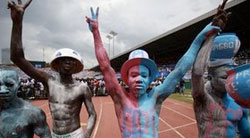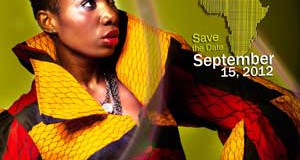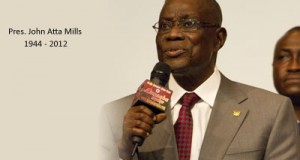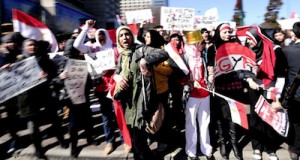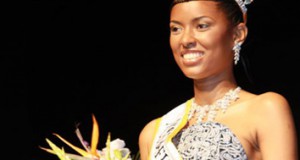As the elections in Ivory Coast come to a close, many do really hope that the elections are going to offer a chance for real stability in the country and hence development.
Prior to the civil strife in 2002, Ivory Coast was what many called the Paris of Africa. The country was the largest cocoa producer as well as with a strong agricultural and manufacturing base. It was really the economic hub of the region.However; it seems that the country did not address what it really meant to be Ivorian. Some people, especially from the north, felt ostracized while the southerners felt that they were the real Ivorians.The very definition of Ivorian was therefore in dispute and thus the civil strife. The impact of the war was devastating. The country lost about 30% of its GDP during the war and it is only recently that it has started regaining its economic growth. The divisions are however still apparent and there is still a UN force that still guards the buffer zone i.e. the separation between the north and the south.
As the election takes place many really do hope that this is the beginning of fresh tidings for the country. Prior to the war, many international organizations had their regional organizations in the country. Such notable organizations such as the African development Bank (ADB) relocated. For instance, ADB moved its headquarters to Tunis in Tunisia. It is now apparent that the simmering tensions between tribes and communities ought to be re-looked at freshly. The Kenyan violence in 2008 was also as a result of deep seated fear and hatred among the various ethnic communities in the country. The disputed election results was merely the match stick that ignited the fire. It did not matter that the country had registered impressive growth rates over the years and in deed many people had been lifted out of poverty. This phenomenon bedevils many African countries for in deed their identities are first to their tribe and then to their country. Occasional events such as international sports competitions may ignite nationalist ideals but it is usually short lived. For many Africans, the race and the tribe are in deed more powerful than nationality.
 PalavaHut | Online African Village News, Views and Interviews from the African Diasporas
PalavaHut | Online African Village News, Views and Interviews from the African Diasporas
